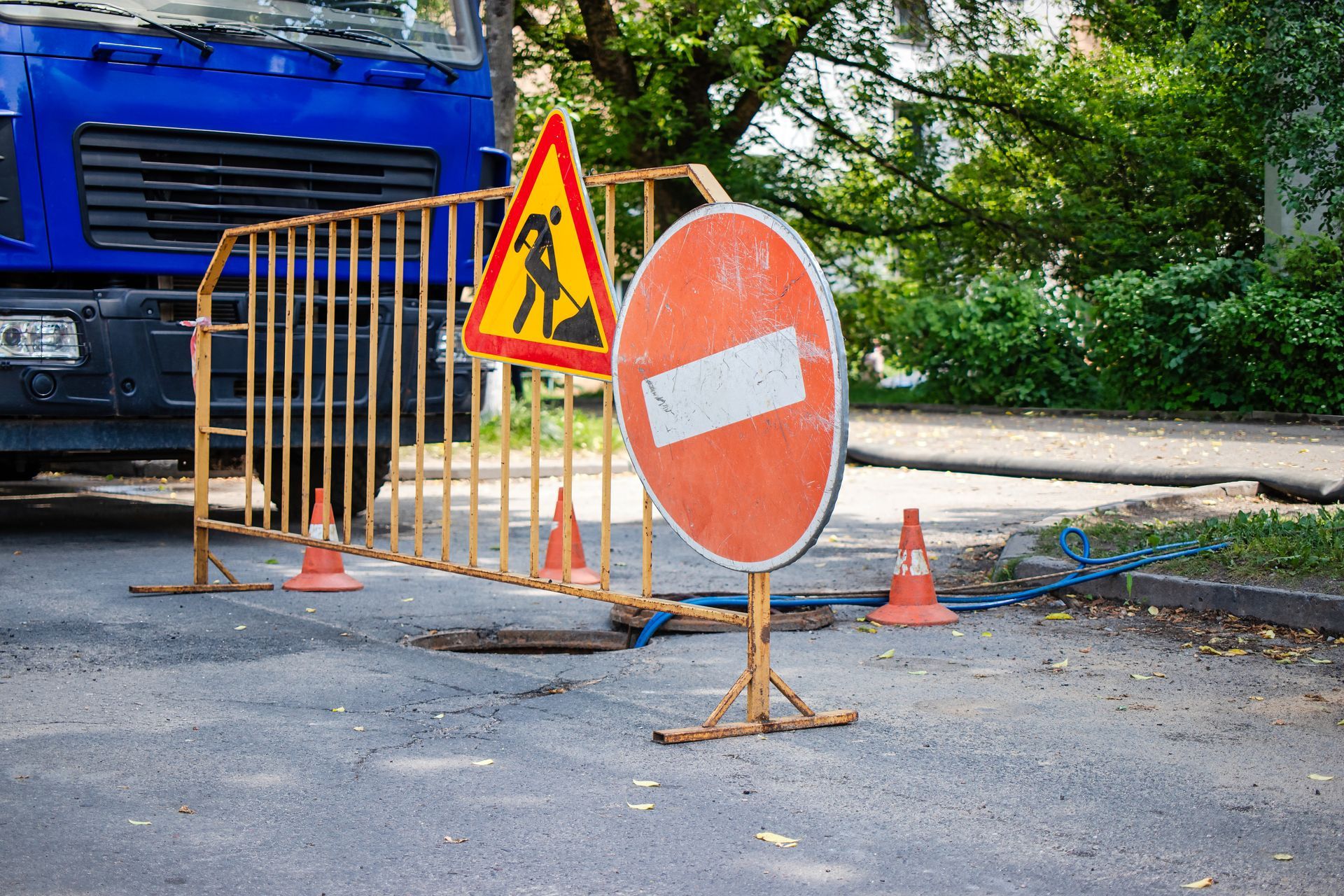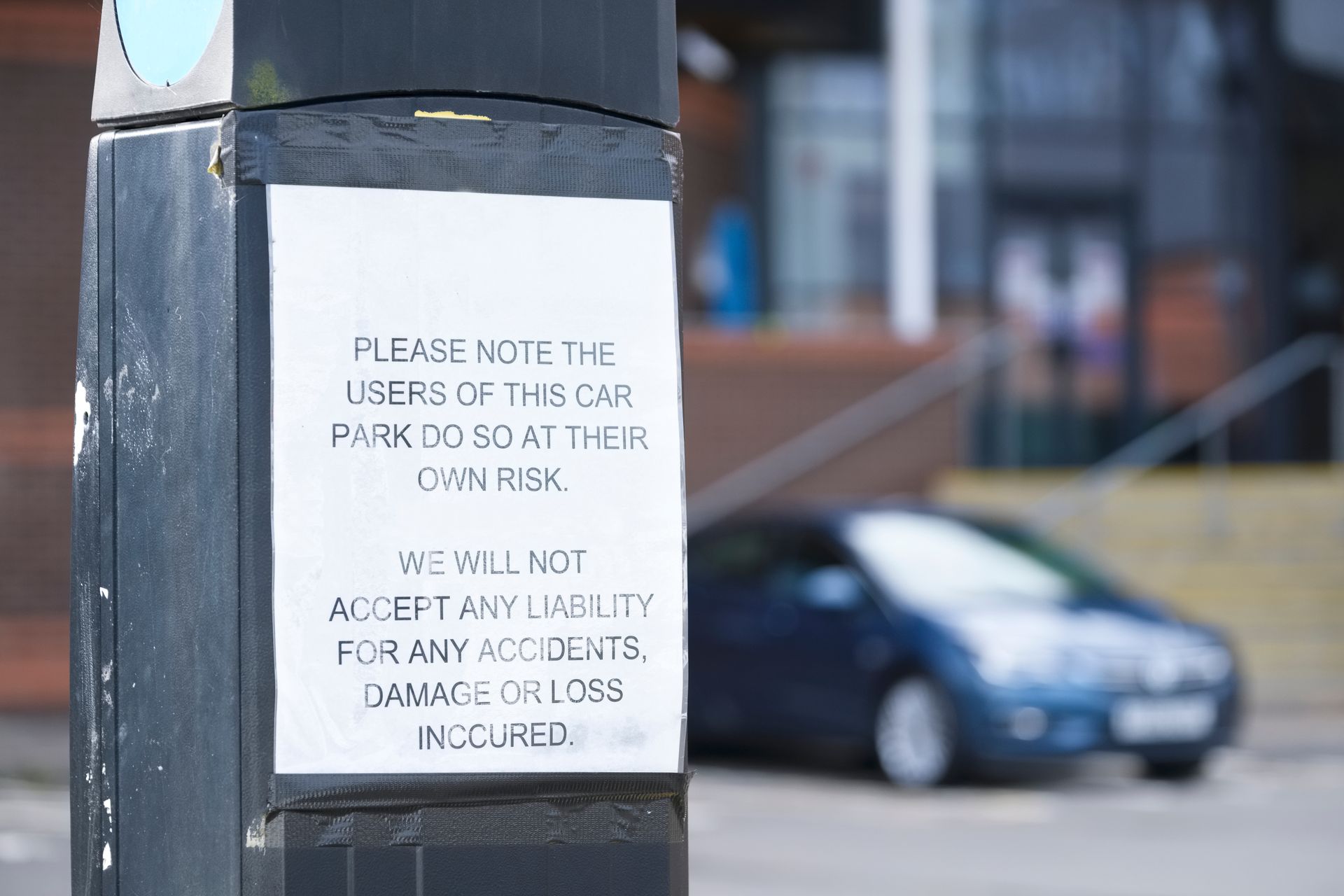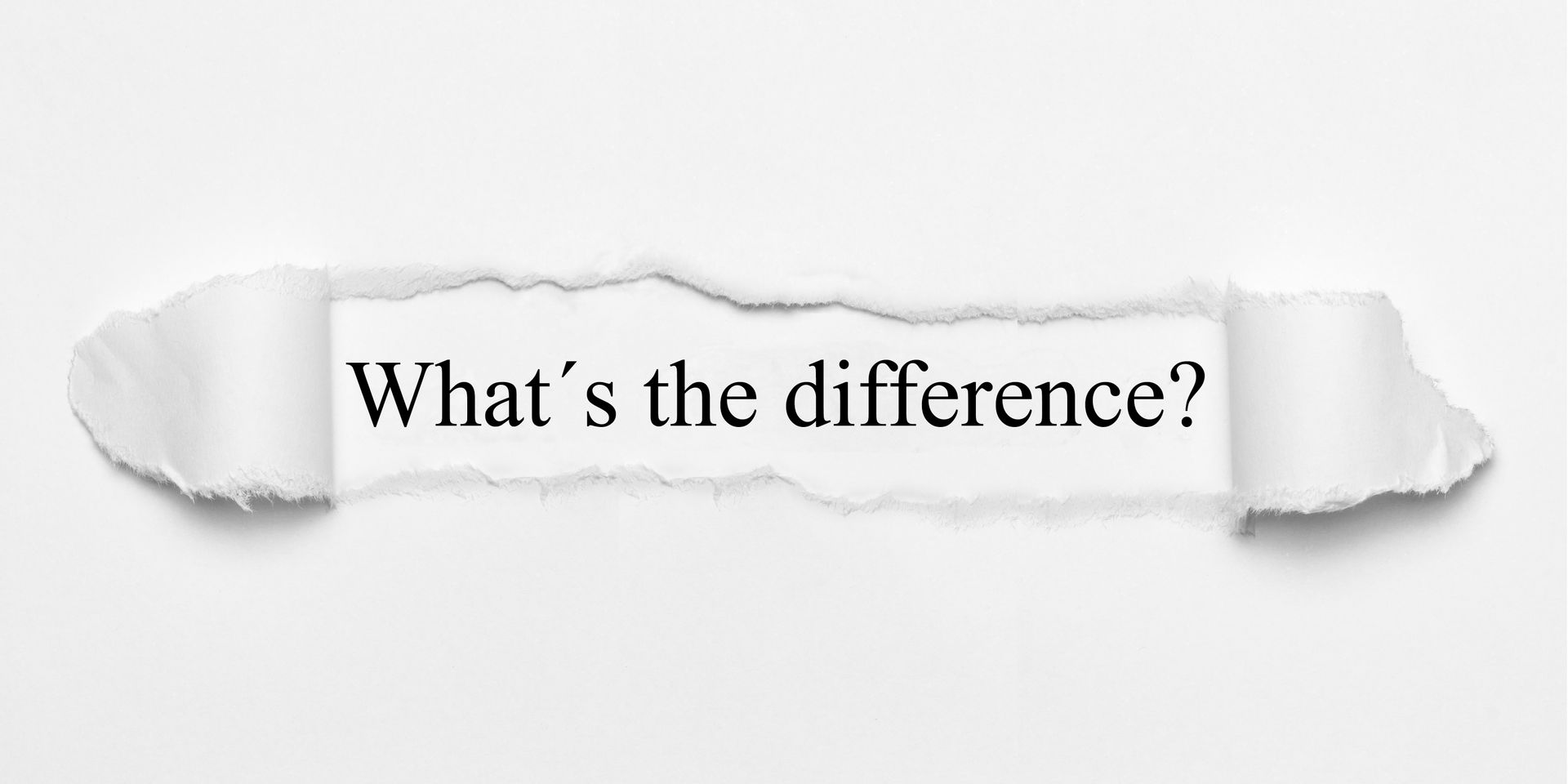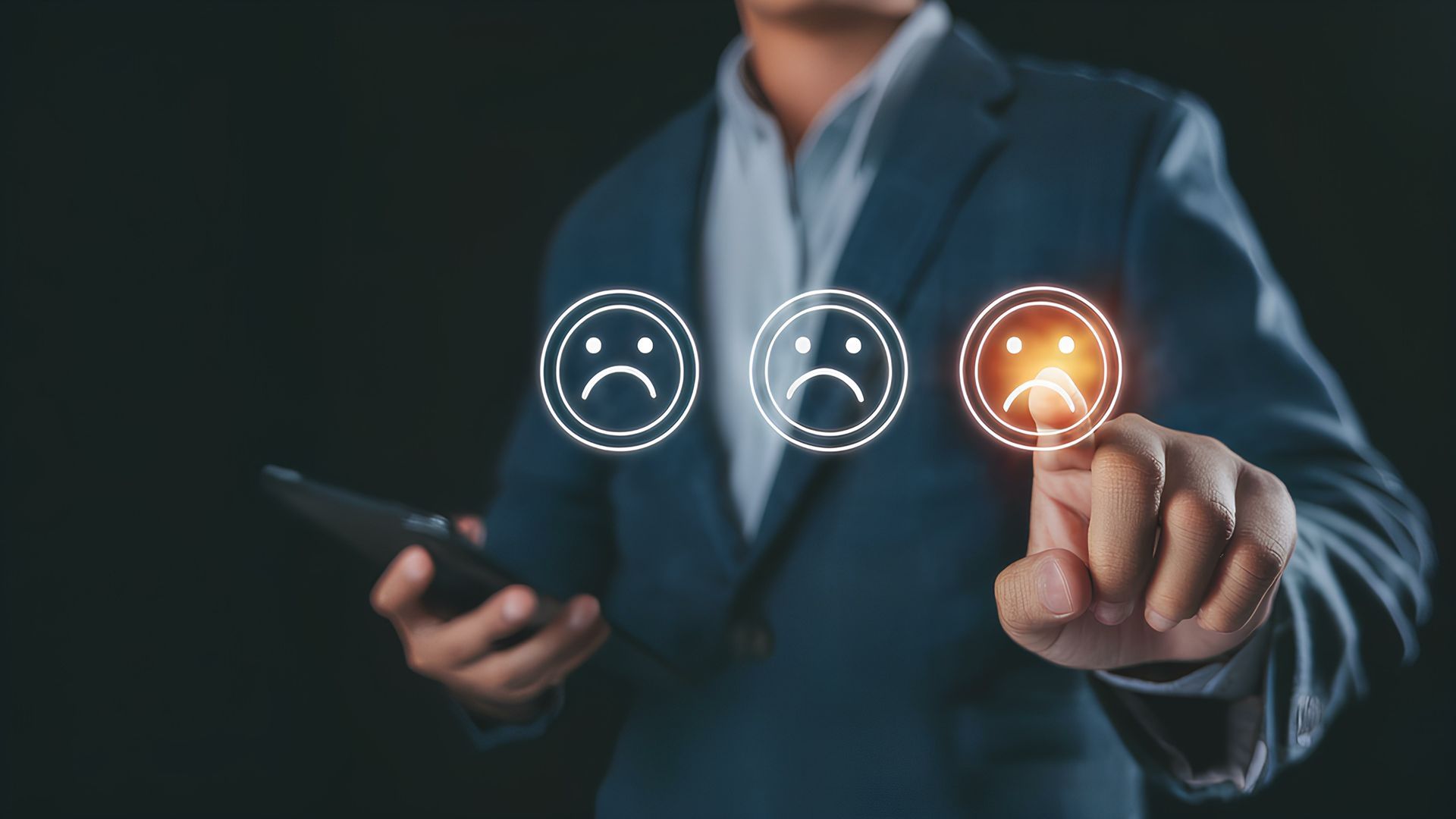Blog
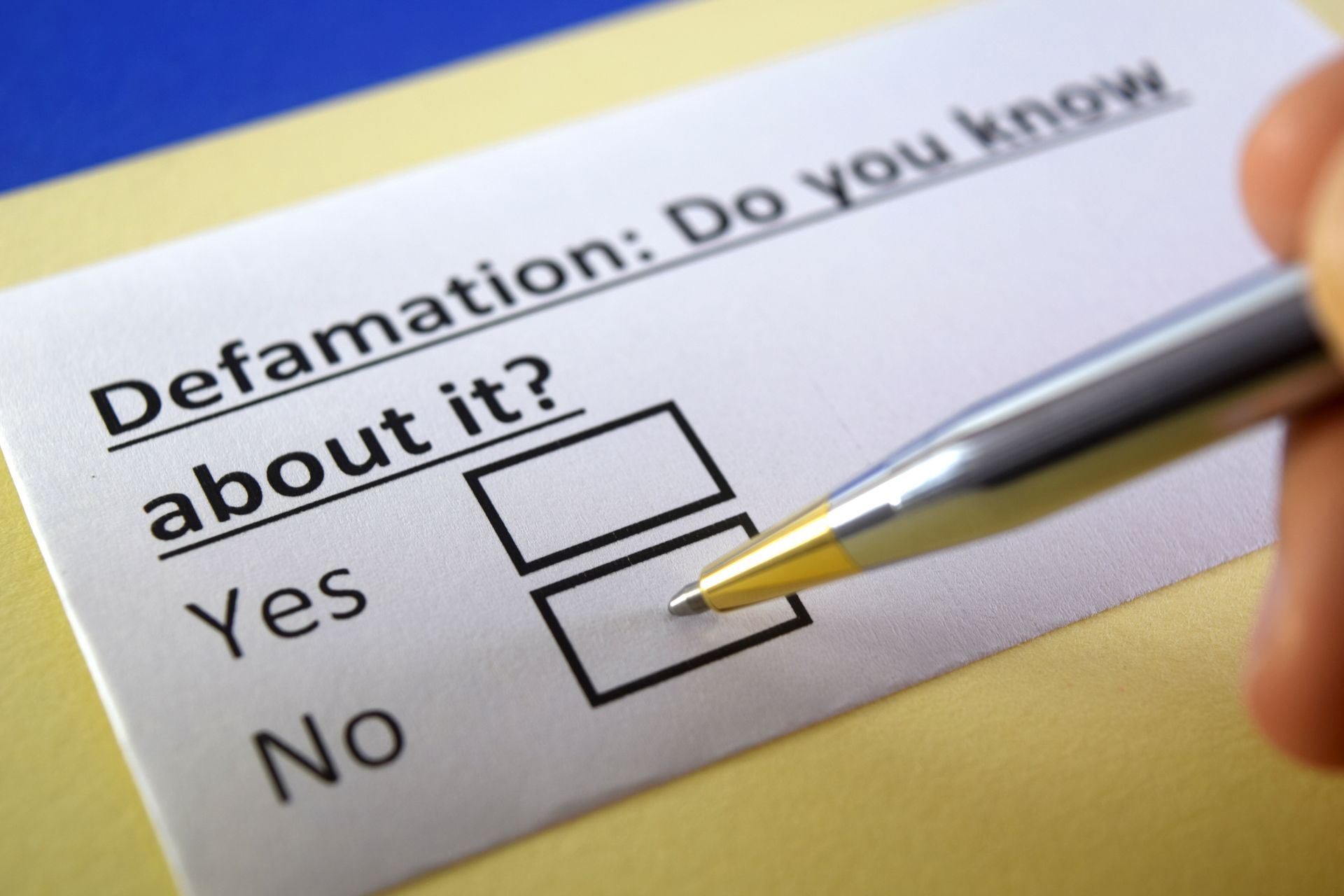
Information spreads far more rapidly today through social media and online platforms compared to even a decade ago.
Defamation is defined as the communication of false statements that harm a person's or organization's reputation. Defamatory speech can have serious consequences for businesses, ranging from damage to brand reputation to costly legal battles.
Defamation: What Qualifies and What Doesn't
Defamation consists of two main categories. This includes libel and slander. Libel refers to written or published false statements, while slander involves spoken false statements.
To qualify as defamation, the statement must meet the following criteria:
- False Statement: The statement must be false. Truth is an absolute defense against defamation claims.
- Publication:
The false statement must be communicated to a third party, whether through written, spoken or digital means.
- Harm: The false statement must result in harm to the reputation of the individual or organization that resulted in actual damages. In other words, you need to be able to make a compelling argument that the defamation resulted in a loss of revenue, forced you to incur added costs or led to some other quantifiable loss.
It's important to note that opinions, satire, statements of belief and statements of pure opinion are generally protected speech and do not qualify as defamation. Statements made in the public interest or as fair comment on matters of public concern may also be protected.
When Can Legal Action Be Pursued?
If your business becomes the target of defamatory statements, you may have grounds to pursue legal action against the party responsible.
However, before taking legal action, it’s important to consider the following factors:
- Severity of Harm: Assess the extent of the harm caused by the defamatory statements. Is there tangible evidence of reputational damage, loss of business or other quantifiable adverse effects?
- Factual Basis: Ensure that the defamatory statements are demonstrably false and not merely opinions or expressions of belief. Statements or published content that communicates inconvenient but true information, even if you actively tried to keep those embarrassing or damaging facts secret, does not qualify as defamation. However, the party that made the statements does need to be able to prove their statements were true to defend themselves from a defamation suit.
- Public Interest: Consider whether the statements involve matters of public interest or concern. Public figures and businesses involved in public controversies may face higher thresholds for proving defamation.
- Legal Counsel: Consult with experienced defamation attorneys to evaluate the details of your case and determine the best course of action.
Protecting Your Business: Strategies and Precautions
- Establish Clear Communication Policies: Provide employees with clear guidelines on appropriate communication, particularly on social media platforms and interactions with the media. Emphasize the importance of accuracy, professionalism and respect for privacy.
- Monitor Online Presence:
Regularly monitor online reviews, social media mentions and other digital channels for potentially defamatory content. Act swiftly to address any provably false and damaging statements.
- Educate Employees:
Offer training sessions or workshops to educate employees about defamation laws, the potential consequences of defamation and the importance of responsible communication.
- Review Contracts and Agreements: Include defamation clauses in contracts with vendors, partners and employees to clarify expectations and consequences regarding false statements.
- Seek Legal Guidance: Consult with defamation attorneys to review communication strategies, respond to defamatory statements and explore legal remedies if necessary.
Protecting Against Defamation Lawsuits: Insurance and Risk Management
Despite taking precautions, businesses may still face defamation lawsuits from aggrieved parties. Defamation insurance can provide financial protection against the costs associated with defending against defamation claims and potential damages.
Some ways to mitigate damage from defamation or make lawsuits less likely include:
- Ensure Your Liability Insurance Covers Defamation: Many business liability policies cover defamation. These policies can help cover legal expenses, settlements and damages resulting from defamation lawsuits against you.
- Conduct Risk Assessments: Regularly assess your business's exposure to defamation risks, including analyzing communication practices, monitoring the online presence of your employees, monitoring your social media managers or other marketing efforts and identifying potential vulnerabilities. Develop risk management strategies to address any identified risks proactively.
- Work with Legal Professionals: If your business exposes you or your employees to defamation risks, you should consider consulting with an attorney experienced in defending against defamation claims. In the event of a lawsuit, having legal representation familiar with defamation laws and litigation procedures can strengthen your defense and protect your business's interests.
Our Atlanta Civil Defense Attorneys Defend Businesses in All Types of Liability Claims
Facing defamation allegations can be daunting, but you don't have to navigate it alone. Cameron Hawkins in Atlanta is equipped to defend businesses against defamation claims, offering expert legal counsel and strategic advocacy to protect your reputation and financial interests.
Don't wait until it's too late, reach out to the Law Office of Cameron Hawkins today at (678) 921-4225 to schedule a consultation and discuss your defamation defense needs.







